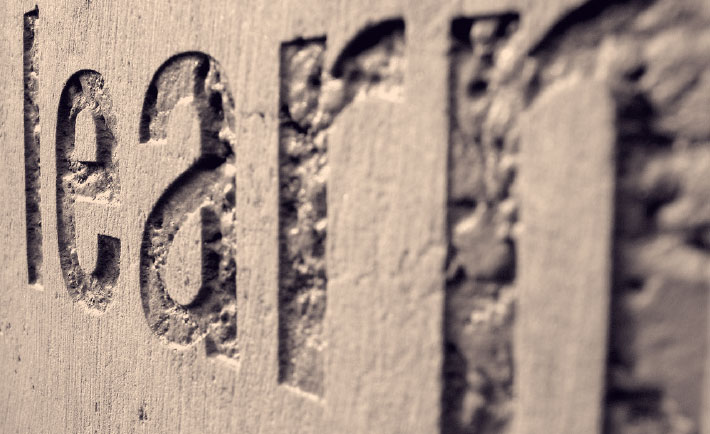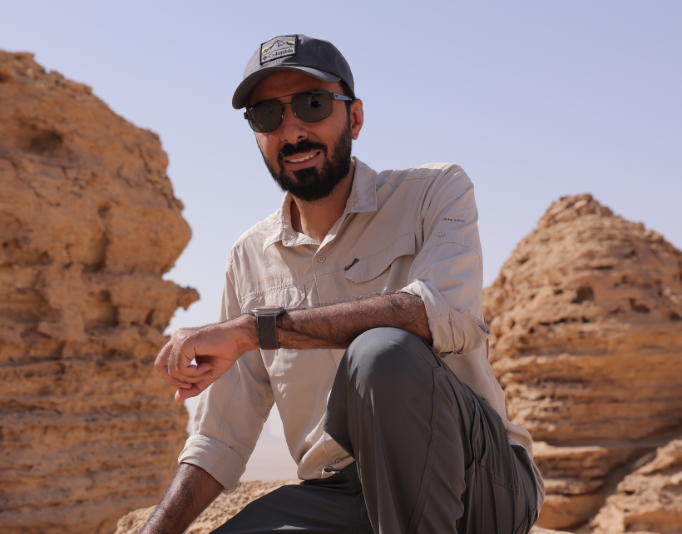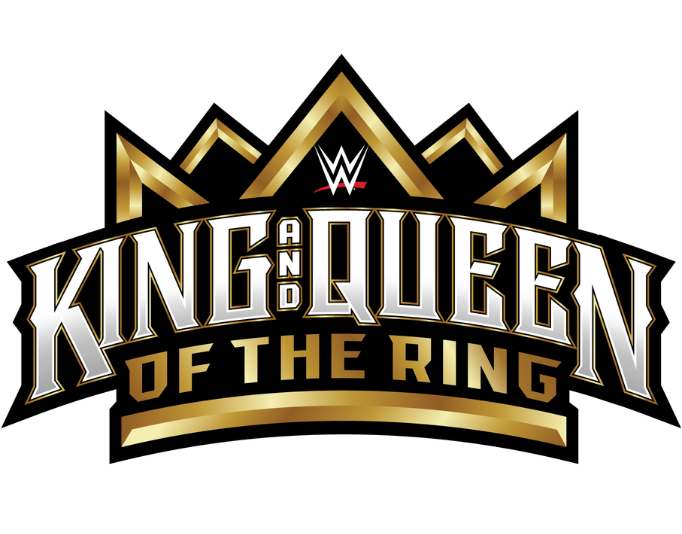By Sumaiyya Naseem
If you’re reading this, you’re probably in one of the steps of this process: school, college and work. We get educated at school and college, but does getting a job mean we’re done learning? Is that where it ends?
We disagree. Learning has no expiration date. We believe in ‘lifelong learning’. We believe that you can be a student throughout life, that you can be self-taught, self-motivated and a volunteer of education. You can learn whenever you want, as much as you want. Learning is no longer limited to the classroom; online courses are a proof of that.
Here’s a list of things you can do to be a lifelong learner.
1. Never stop reading.
Every book has something to offer, and it doesn’t matter how long it takes you to finish reading it. Don’t just read stories about pirates and phantoms; read about everything. Go to the bookstore today and buy a book that is completely unlike anything you’ve read before.
- Recommendation: Read the biography of Prince AlWaleed Bin Talal, written by Riz Khan.
2. Learn a new skill.
Learning new skills will widen your horizon. You will explore new territories and find new ways to express yourself. Your new skill could be anything; painting, cooking, programming, woodcrafts, etc. You could use this skill to get closer to your goals.
3. Take online courses.
There are a lot of online courses out there. Coursera.org and KhanAcademy.org are two of the best places to start. From Archaeology and Art History to Music, Math and Nutrition; these websites make some of the most diverse subjects available for you. Most courses on Coursera start on a specific date so make sure you register and start on time!
- Recommendation: Visit KhanAcademy.org to learn about Art of the Islamic World.
4. Learn a new language.
This could actually be really refreshing, and who knows, maybe you’ll master Mandarin. Don’t be afraid to give it a try even-though some languages can be really intimidating to learn, especially if they’re completely different from the ones you already know.
- Recommendation: Learn German through Coursera’s self-paced course.
5. Explore different cultures.
If there’s one thing that’s beautiful about the world, it is how people have diversified into hundreds of cultures all over the world. Read about a new culture or take a trip to somewhere you’ve never been before just to learn everything you can about its people and their lifestyle. This is not tourism; this is learning.
- Recommendation: Become friends with someone coming from a different culture and talk about both your cultures. Discuss traditions of birth, weddings, feasts, funerals and everything else.
6. Teach what you already know.
If you’re good at something (it could even be a subject or a language), teach it to someone else, or become a weekend tutor. This might sound like extra work, but consider it a means of education.
- Recommendation: Visit your local orphanage in your spare time to talk to the children or see if you can volunteer to teach them.
7. Visit the museums with a purpose.
There’s a lot of history at the museum. Literally. Take a conscious stroll through your local museum and read all the descriptions on the displays. Take your time and learn as much as you can about civilizations and ancient people.
- Recommendation: Take online tours of museums such as the British Museum, Louvre or The Metropolitan Museum of Art.
8. Subscribe to National Geographic.
Subscribe to the magazine or the TV Channel. This is one of the best places to explore the world if you don’t have the means to actually travel.
- Tip: You can find new issues of National Geographic at Virgin Megastore or at a magazine stand like the one out Danube in Khalidiyah.
9. Watch documentaries about the world.
We love documentaries. They can really open our eyes to the world, cultures and their wonders. From dinosaurs to dolphins, there are so many documentaries out there that will teach you about life and other things in the universe. The topics are not limited to extinct or adorable animals, you can also find out about the economy, the mysteries of the world and politics.
10. Participate in an oral history project.
You don’t have to be a professional journalist to do an oral history project. In oral history, you interview people about a certain issue or event in the history their life. For example, you could interview a bunch of people about how a local flood impacted their lives. The purpose could be gaining knowledge, observing people or just gaining a deeper understanding of how their minds work. It can be about anything.
- Tip: Visit Minnesota History on YouTube to know more about how to carry out oral history projects.
We hope you follow some of these ideas and tips! What makes you a lifelong learner?! Tell us what you do to never stop learning!










